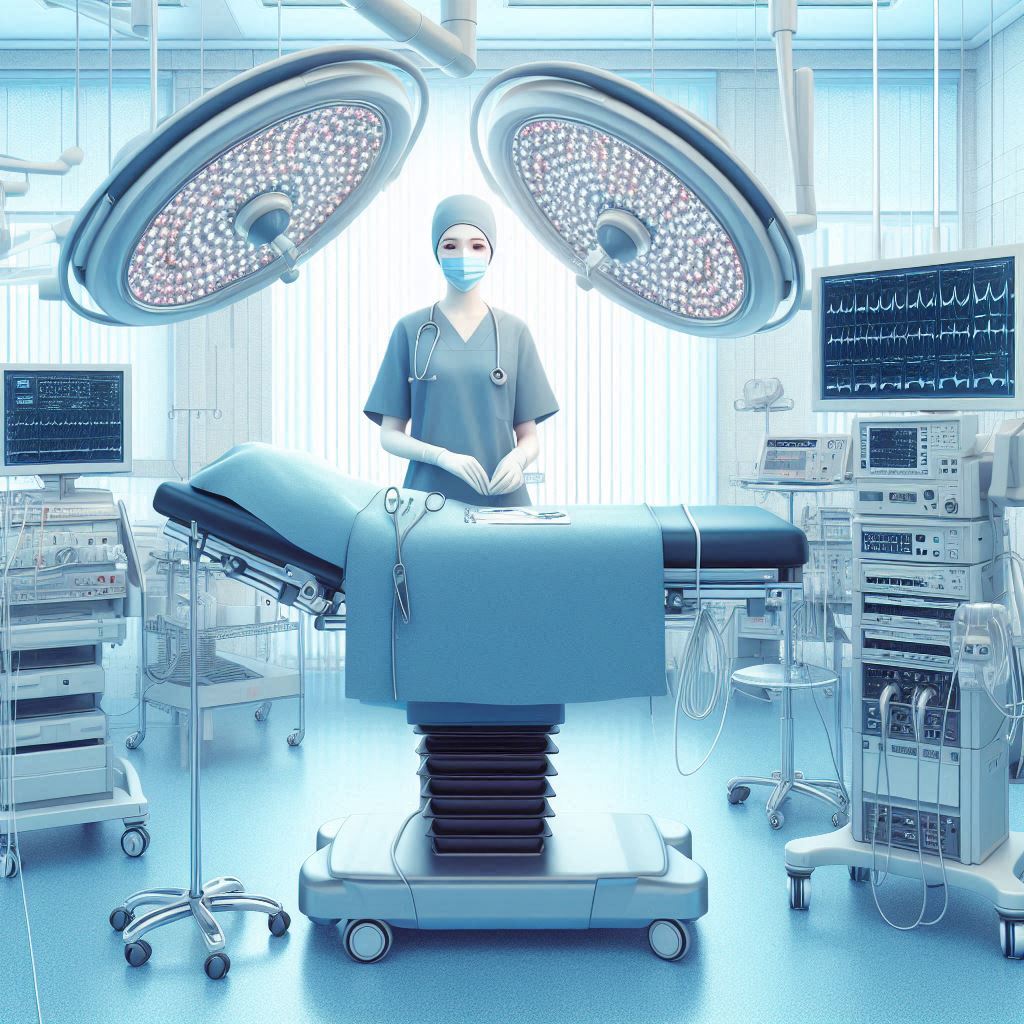This Course Structure is Curated as per the NEP-2020 Guidelines
Course Overview
B.Sc. Emergency Medicine & Critical Care Technology program at Malla Reddy Vishwavidyapeeth, Hyderabad, is an undergraduate course designed to train students to assist physicians and healthcare teams in managing emergency medical situations and providing critical care support in intensive care units (ICUs) and emergency departments.
This program focuses on equipping students with the theoretical knowledge and hands-on skills from 1st semester itself. Students also gain expertise in the anatomy and physiology of critical organ systems, the pathophysiology of emergencies, and the principles of resuscitation and patient care through hands-on training in emergency and ICU environments, ensuring they are well-prepared to handle high-pressure situations with confidence and precision. The curriculum provides a comprehensive understanding of emergency medicine, trauma care, and critical care monitoring, covering topics such as advanced life support procedures, patient stabilization techniques, and the operation of cutting-edge medical equipment in critical healthcare settings.
Graduates of this program emerge as proficient Emergency Medicine and Critical Care Technologists, enabling them to pursue further higher studies & do research in Emergency Medicine and Critical CareTechnology along with plenty of job opportunities globally.

Course Details
Description: 4 Years Degree Program
No. of Seats: 40
No. of Credits: 160 minimum & as specified
- Eligibility
- Curriculum Structure
- Program Outcomes
- Career Enhancement
- Higher Studies
- Job Roles & Progression
The minimum eligibility for B.Sc. Emergency Medicine & Critical Care Technology is a pass in 10+2 with at least 50% in Physics, Chemistry andBiology from a recognized board (CBSE/ISC) or equivalent.
| Semester | Name of the Subject | |
| Semester 1 | Anatomy – I Physiology – I Pathology – I English & Communication Skills Computer Applications Practical: Anatomy & Physiology – I | |
| Semester 2 | Anatomy – II Physiology – II Pathology – II Introduction to Emergency Medicine Legal Aspects of Healthcare Practical: Anatomy & Physiology – II | |
| Semester 3 | Biochemistry – I Microbiology – I Emergency Procedures I Pharmacology Healthcare Administration | |
| Semester 4 | Biochemistry – II Microbiology – II Advanced Emergency Techniques Trauma Management Practical – Biochemistry & Microbiology Project Centric Learning (PCL) | |
| Semester 5 | Critical Care Medicine Advanced Trauma Care Quality Assurance in Emergency Care Practical – Emergency Medicine Internship | |
| Semester 6 |
| |
| Semester 7 & 8 | On-Job Training and Internship |
- Emergency Response Skills: Rapid assessment and response to emergency situations, including trauma and cardiac events.
- Critical Care Monitoring: Using equipment to monitor heart rate, oxygen levels, blood pressure, and other critical indicators.
- Life Support and Resuscitation: Performing CPR, intubation, and using defibrillators in life-threatening situations.
- Ventilation and Airway Management: Handling ventilators and ensuring clear airways for patients in critical condition.
- Infection Control in ICU: Implementing infection control practices to ensure a sterile ICU environment.
Graduates of B.Sc. Emergency Medicine & Critical Care Technology can enhance their skills through specialized certifications and advanced training:
- Advanced Cardiac Life Support (ACLS) Certification: Specialized training in managing cardiac emergencies.
- Trauma Life Support Certification: Focused training in trauma care and management.
- Pediatric Advanced Life Support (PALS): Certification focused on emergency care for pediatric patients.
- Critical Care Nursing Certification: Training in managing critically ill patients in ICU settings.
- Infection Control Certification: Focuses on infection prevention in critical care and emergency settings.
- Master’s in Critical Care or Emergency Medicine
- Postgraduate Diploma in Critical Care Nursing
- MBA in Healthcare Management
- Ph.D. in Critical Care Medicine
- Advanced Certifications in Trauma and Emergency Care
| Duration | Roles and Responsibilities | Salary Range |
| 0-3 years | Emergency Medical Technician, Critical Care Assistant | ₹3,00,000 – ₹5,00,000 per annum |
| 3-5 years | Senior Emergency Technologist, ICU Technologist | ₹5,00,000 – ₹8,00,000 per annum |
| 5-10 years | Critical Care Supervisor, Emergency Department Manager | ₹8,00,000 – ₹12,00,000 per annum |
| 10+ years | Director of Emergency Services, Chief Critical Care Technologist | ₹12,00,000+ per annum |
Note: Salaries vary based on experience, location, and type of healthcare institution.

Fee Structure Per Academic Year - 2025
| Tuition Fee | Miscellaneous Fee | Scholarship | |||
| 125000 ₹ | 15000 ₹ | Above 95% – 125000 ₹ | Above 91% – 62500 ₹ | Between 81-90% – 12500 ₹ | Between 71-80% – 6250 ₹ |
| Tuition Fee | Miscellaneous Fee | Scholarship | ||
| 100000 ₹ | 10000 ₹ | Above 90% – 32000 ₹ | Between 80-90% – 16000 ₹ | Between 70-80% – 8000 ₹ |




